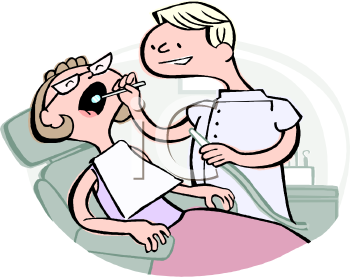
- freefoto.com
When you wish upon a star…makes no difference who you are…anything your heart desires…will come to you….
If only one could wish upon the North star and turn into a real medical student, no strings attached. Many of you are deciding whether to apply to medical school this year or not, which is an important and personal choice — there is no Magic Eight Ball that can offer up a “right” answer (although it would be pretty neat if they could hand those out to pre-health advisors at national meetings along with the tote bags and other excellent swag). Many potential applicants find it helpful to reflect upon which parts of their thinking are wishes that might be interfering with the formulation of a sound strategy for gaining admission.
Don’t get me wrong…wishes are very important and make us human. All people must stay in touch with their dreams, desires, and goals; however, we also benefit at times by detaching from our emotions to consider plans of action. Here are some wishful comments that we hear in our office daily this time of year:
“I know [insert any significant issue with a potential application], but I just want to go straight to medical school. I never saw myself taking more time.”
“If I make it to the interview, I know I will have it made.”
“If I get a 40 on my MCAT it will be okay.”
“I’m going to apply to one school this year, just to see what happens.”
Considering how difficult it is to gain admission to medical school as well as the stress and expense of the admissions process, we advocate that students take some time to think strategically. This can be as simple as considering how one’s application might appear this year compared to next year, or even further into the future. When I raise the issue of waiting to apply another year, it is not to discourage a potential applicant; rather, it is to encourage him or her to consider all the paths to making a dream come true.
For many potential applicants, the down side of waiting to apply is detaching from the immediate gratification of applying. Yes, you can say, you are applying…and isn’t there a chance it will work out? If there’s a chance, why not take it? Yet, when one’s hopes do not materialize it can be extremely frustrating. Often, while feeling hopeful, applicants have not taken steps to gain the clinical exposure or take the classes that would make a difference a second time around. Sometimes the process of applying to medical school stretches out for years with mixed results.
We know that applying to medical school is a stressful and emotional experience. Keeping your emotions from taking over while making decisions is difficult for all people. Your pre-health advisors are glad to meet with you to discuss your options with an eye towards maximizing your success and helping you reach you goals. Many potential applicants find it helpful to meet with other Career Services staff to discuss alternate careers or options for employment after graduation. Drawing upon the support of friends and family as well as University counselors and advisors can be especially helpful.
I encourage all potential applicants to consider the timing of their application, regardless of their GPA or amount of clinical experience. It’s an important decision that opens up alternatives and flexibility in what can seem like a “single-track” process and, hopefully, makes wishes come true more often than not.









